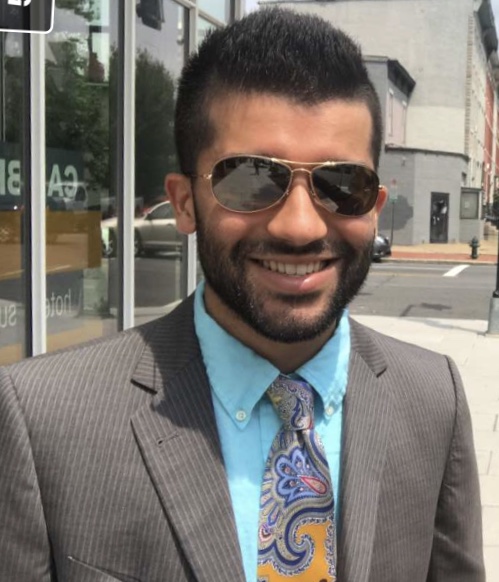I chose “Conflict and Conflict Resolution” as my global concentration because it closely aligns with my Political Science/Academic interests and with my career goals. I’ve always taken a particular interest in the conflicts of the Middle East and South Asia, such as the Israeli-Palestinian conflict and the Kashmiri conflict. As such, when choosing my courses to fulfill the Certificate, I wanted my classes to focus around the idea of actually trying to move some of these tense geopolitical situations towards a conclusion.
I took an economic and social angle, for example, in Identity and the Self in Late Capitalism, where we anthropologically analyzed how the current state of capitalism affected social and economic relations across the world since the late 1970’s. In Nationalism, we examined the development of national consciousness in Eastern Europe over the past five centuries and how this unique identity influences modern European politics.
My classes all focus on conflictual change. Why do civil wars occur? What are some downsides to the current state of capitalism? How did colonialism and slavery forever impact Latin America? How did the United States’ role in the Cold War alter modern International Relations and the developing world?
All of these courses, combined with Intro to Global Studies, tie together my interests in international conflicts and relations, and I chose them with this specific field in mind.
